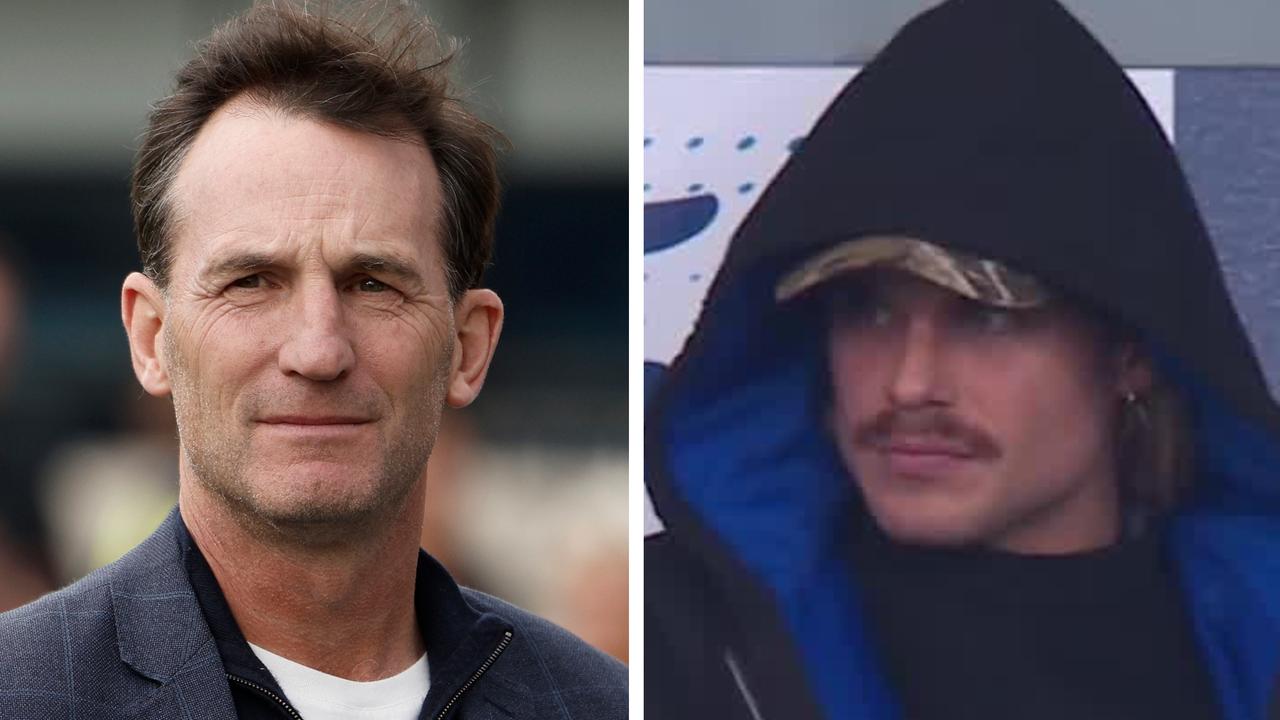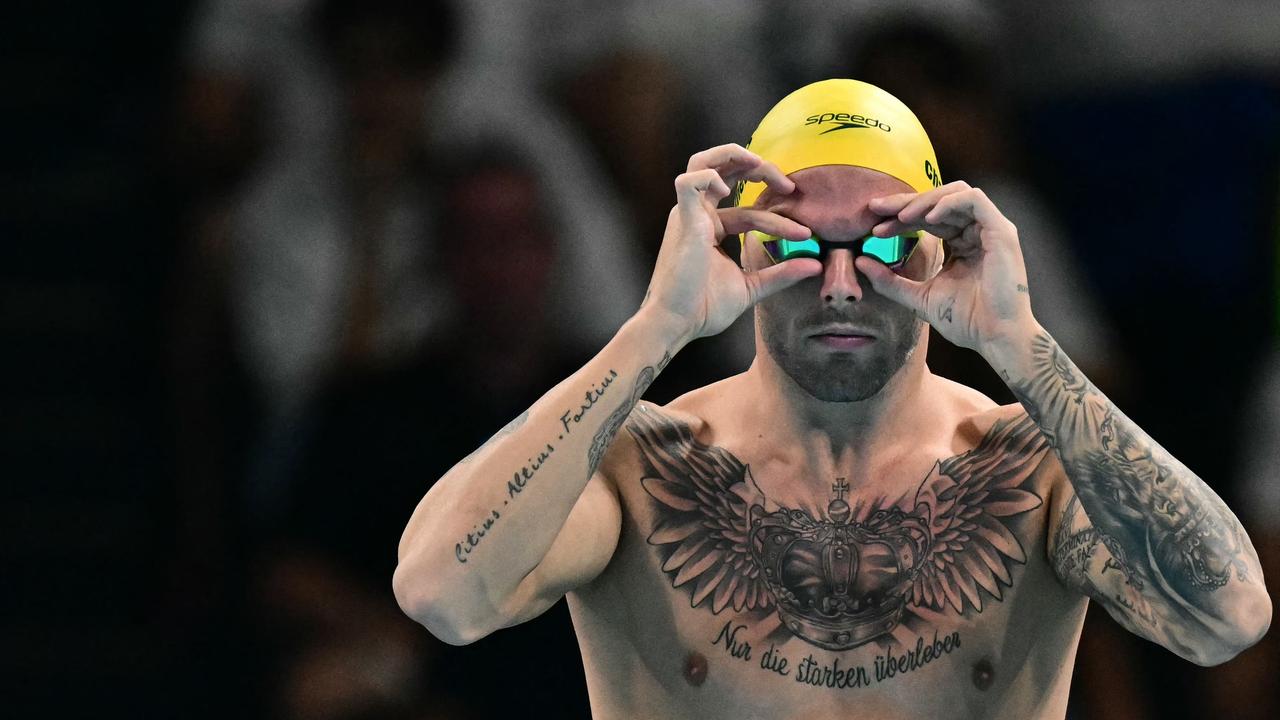Peter Bol EPO testing: Review into how EPO tests are examined on the table after Bol case
Peter Bol’s inconsistent sample results have lead to calls for a review into EPO testing, which if found to be unreliable could cast doubts over the entire anti-doping testing regime.
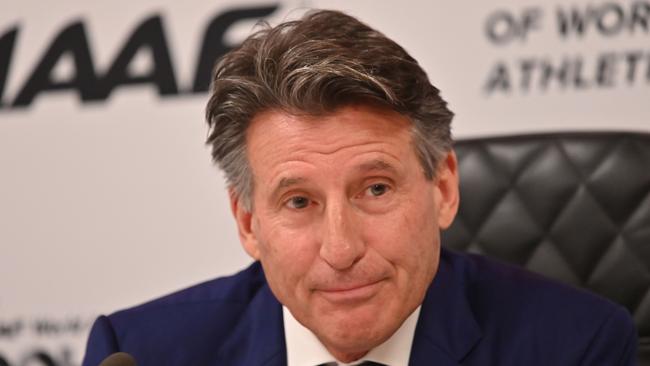
Sport
Don't miss out on the headlines from Sport. Followed categories will be added to My News.
International drug testers could review the way EPO tests are examined in the future following claims Peter Bol’s inconsistent sample results have exposed a deep flaw with the existing procedures.
Anti-doping cases are always complicated because cheats rarely confess – even when they are caught red handed – so it’s impossible to know who’s telling fibs and who’s been caught out by a faulty system that occasionally nabs innocent athletes.
The fluctuating results from Bol’s recent leaked test samples have renewed long-held concerns that the methods for detecting EPO may not be 100 per cent reliable, which could cast doubts over the entire anti-doping testing regime.
EPO, or erythropoietin, is a naturally occurring hormone produced by the kidneys, but unscrupulous athletes inject extra EPO into their bloodstream to illegally boost their performance in endurance events – which is strictly prohibited.
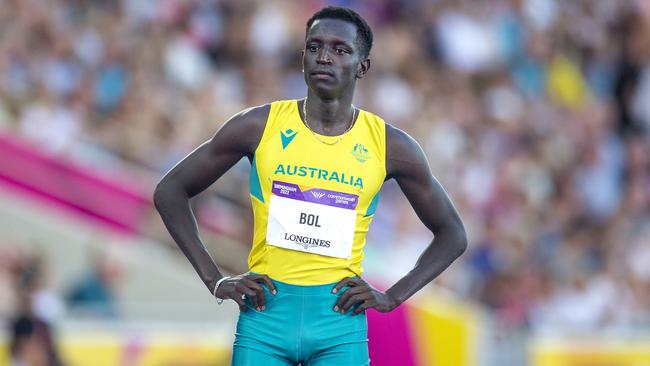
The new poster boy for Australian middle distance running after finishing a gallant fourth at the Tokyo Olympics then third at the Birmingham Commonwealth Games, Bol has returned EPO test results that have been deemed positive, negative and inconclusive.
In his latest test, a single sample that was split in half, two different laboratories that separately analysed his sample came up with very different findings – one positive and one inconclusive – prompting athletics officials to hastily lift a temporary ban that had been placed on the Australian.
Despite maintaining his innocence, Bol has not been cleared yet because the investigation into his test results is ongoing, but his unusual results have renewed calls for a review into EPO testing with lawyers and scientists arguing the system is dysfunctional because it’s too open to interpretation.
Drug busters are bound to confidentiality so never comment on individual investigations but Bol’s case has drawn the attention of Sebastian Coe, the progressive and outspoken president of World Athletics.
One of the most respected administrators in all sports, Coe has long been tough on drug cheats, with World Athletics going out on a limb and banning Russia for systemic doping, but he’s also a stickler for fairness and transparency.
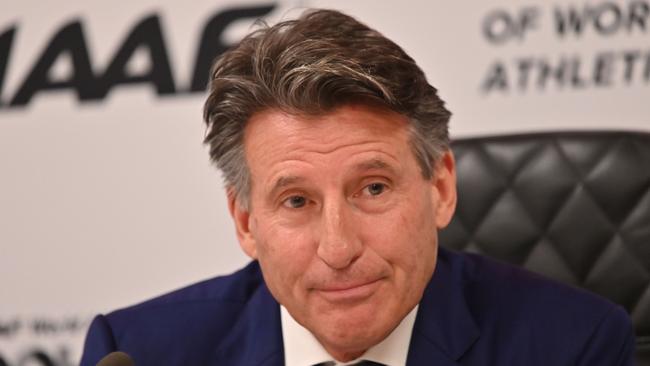
In an exclusive sit-down interview with News Corp during the cross country world championships in Bathurst, Coe said he was not qualified to say whether there were any issues with the current testing methods for EPO but he did say he expects the independent anti-doping authorities will be taking a close look at the issue.
“What I’m always led by here is the work of the Athletic Integrity Unit,” he said.
“And I’m sure that they will be wanting to look at this case specifically, because that’s what they do.
“And if they tell me that there are considerations that may have been expressed externally from the sport, I’m sure they will look at them.”
In a wide-ranging interview, Coe also opened up about two of the biggest issues that have divided world sport and threaten to disrupt next year’s Paris Olympics.
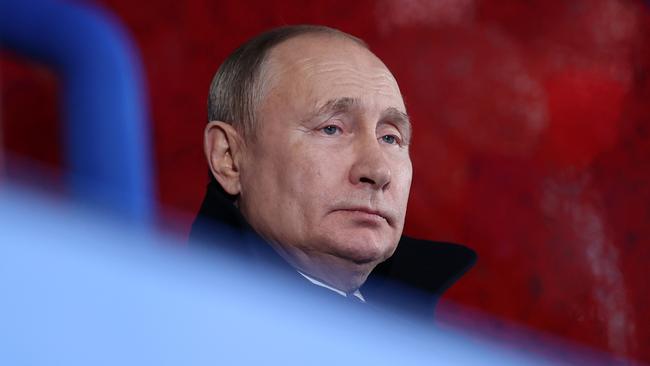
RUSSIA
While any athletes representing Russia or Belarus are banned from world sport while Vladimir Putin’s troops continue to wage war in Ukraine, the International Olympic Committee (IOC) has come under fire for saying it hopes Russian and Belarusian athletes can compete as ‘neutrals’ at the 2024 Paris Olympics.
That’s the same cop out that Tennis Australia used to justify the inclusion of Russian and Belarusian players in Melbourne this year – despite calls from the Ukrainian ambassador for the same blanket ban used at Wimbledon – and critics are calling out for what it really is: a ban in name only.
Ukraine is threatening to boycott Paris if the IOC allows Russian and Belarusian athletes to compete and expects dozens of countries to join them.
At the very least, it seems inevitable some athletes who compete in the French capital will use their platforms to protest against the war, turning the Olympics into a political bunfight.
Asked whether he would instruct any athletes to stay quiet, Coe said he would never muzzle any competitor who wanted to speak out on any issue – but he did draw the line at one action.
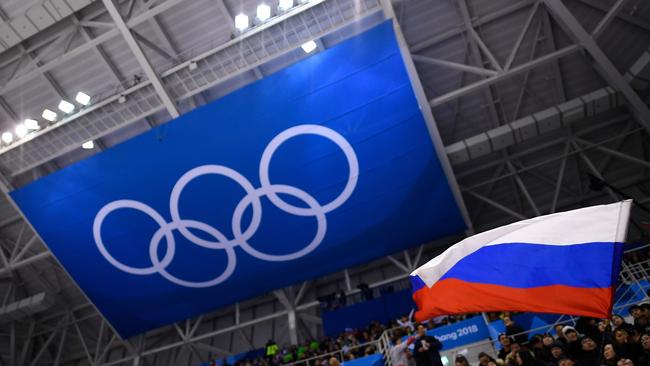
“I‘ve never done that in the past and I’ll never do that in the future,” he said.
“Let me be clear, I will always support athletes. If they want a voice, we want them to have a voice. We want them to be part of the world that we live in. We want people to recognise that they‘re going to have a voice, whether it’s about climate change or human rights or competitive outlets.
“It‘s really important they do that as long as it is also done with the full respect for fellow competitors. And again, there is a balance there but I’m very sanguine about that.
“I was one of the only federations that said I wasn‘t going to sanction athletes if they decided to take a knee in an Olympic competition.
“So I‘m pretty libertarian about those things. The one thing I do draw the line at is any suggestion the current turmoil or conflict would engender a boycott. I’m absolutely diametrically opposed to boycotts.”
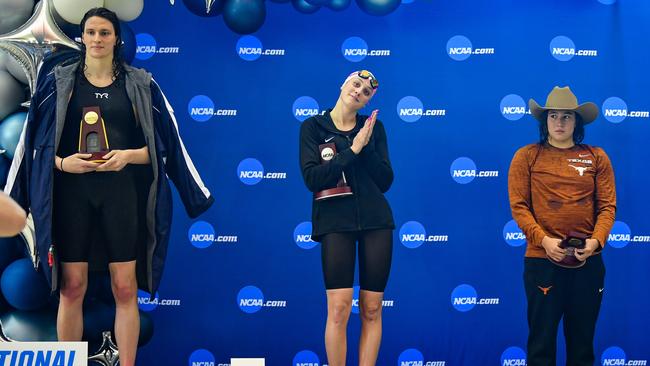
TRANSGENDER ELIGIBILITY
Coe also waded into the murky issue of transgender eligibility.
World Aquatics aside, major sports have been reluctant to make a definitive ruling yet banning transgender athletes competing in female events.
Despite coming out strongly in the past, World Athletics has kept the door open, proposing a ‘preferred option’, loosely based on testosterone levels, that will be voted on next month.
While recommending a different approach to the one taken by swimming, athletics has still come up with a highly controversial proposal but Coe told News Corp this was just the starting point and there could be more to come.
“Unless you sort of put a marker post down somewhere to have that discussion, then it’s probably not going to serve the purpose that you want with the consultation process,” Coe said.
“So we‘ve put together a preferred option. That preferred option may not be where we end up. It may not even be the option that goes to the council, but we want it to instigate a debate. I think it’s probably safe to say we did do that.”




